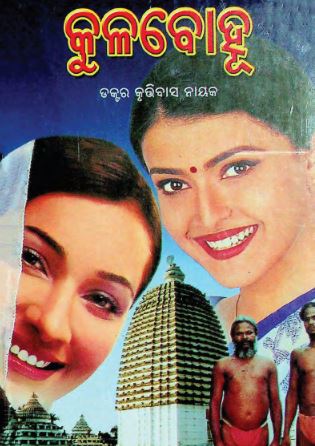The novel “Kulabohu” captures the essence of societal intricacies and human relationships in an evocative and thought-provoking manner. Set in an imaginary world yet deeply rooted in the realities of our own, the narrative unfolds through the lens of its characters, each contributing to the intricate tapestry of emotions and experiences.
Through the eyes of the protagonist and the ensemble cast, Krutibas Naik illuminates the complexities of human nature, the nuances of interpersonal dynamics, and the impact of societal norms on individual lives. The novel traverses through themes of love, betrayal, ambition, and redemption, offering a panoramic view of the human condition while addressing the societal constructs that shape our existence.
As readers navigate through the pages of “Kulabohu”, they are immersed in a world that blurs the lines between the real and the imaginary, inviting contemplation on the deeper aspects of human existence. The interplay of social forces, personal ambitions, and moral dilemmas creates a rich tapestry that challenges readers to reflect on their own beliefs, values, and aspirations.
Krutibas Naik’s masterful storytelling and vivid narrative style breathe life into the characters and settings of “Kulabohu,” transporting readers to a realm where imagination dances freely with reality. Through the novel, readers are encouraged to explore the complexities of human emotions, the intricacies of social hierarchies, and the transformative power of compassion and understanding.
Overall, “Kulabohu” emerges as a potent exploration of the human experience, blending elements of social commentary with imaginative storytelling to create a compelling narrative that resonates with readers across cultures and generations. Krutibas Naik’s portrayal of a fictional world steeped in realism serves as a mirror to our own society, prompting introspection and dialogue on the myriad issues that shape our collective journey through life.
Books Info
| Books name | Kulabohu |
| Editor | Krutibas Naik |
| No Of pages | 106 |
| Publisher | Aruna-Taruna |
| Publication | 2005 |
| Printed At | Jagannatha Process |
| Distributor | NA |

